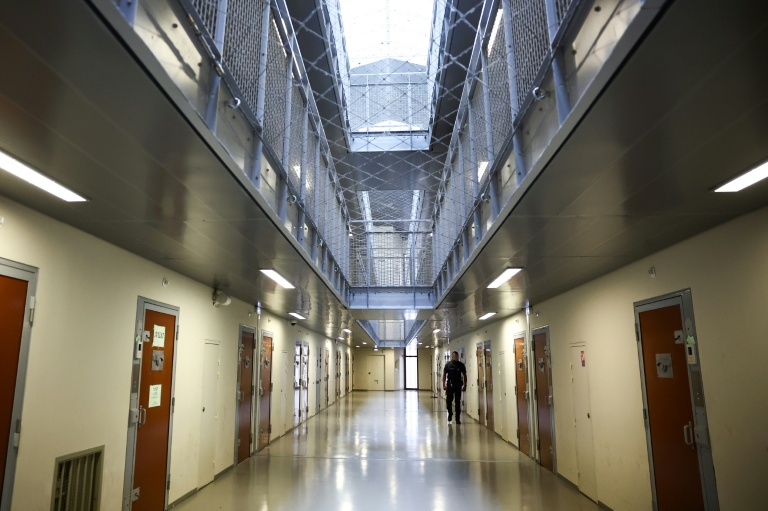UPDATE: Former French President Nicolas Sarkozy has begun serving a prison sentence today, October 3, 2023, after being convicted of criminal conspiracy linked to a scheme to secure Libyan funding for his 2007 presidential campaign. This historic ruling makes Sarkozy the first former head of an EU country to be incarcerated, marking a significant moment in European political history.
Sarkozy, who led France from 2007 to 2012, was sentenced in late September for his involvement with the late Libyan dictator Moamer Kadhafi in a plan to illegally fund his electoral run. After denying any wrongdoing and labeling the verdict as an “injustice,” he was ordered to report to La Sante prison in Paris, where he is expected to remain in solitary confinement to avoid contact with other inmates.
In a poignant statement to the press shortly after his sentencing on September 25, Sarkozy declared, “If they absolutely want me to sleep in prison, I will sleep in prison—but with my head held high.” The former president’s incarceration follows a tumultuous legal journey, further complicating his already controversial legacy.
The Parisian court deemed the offenses against Sarkozy as of “exceptional gravity,” asserting that his appeal would not prevent immediate imprisonment. His lawyers are poised to request his release upon entering the facility, with potential outcomes including judicial supervision or home arrest. The appeals process could take up to two months, and while he awaits the court’s decision, Sarkozy is likely to spend significant time alone in a nine-square-metre (95-square-foot) cell.
The implications of Sarkozy’s conviction extend beyond his personal fate; a recent survey by pollster Elabe indicated that 60% of respondents in France believe his prison sentence is justified. However, Sarkozy still maintains a following on the French right, with his son, Louis Sarkozy, calling for supporters to gather outside their family home in protest today.
Sarkozy’s legal troubles have been mounting since his loss in the 2012 presidential election. He has faced multiple convictions, including a prior graft sentence for attempting to secure favorable treatment from a judge. The court’s ruling in the “Libyan case” concluded that while his aides negotiated funding with Kadhafi, there was insufficient evidence that Sarkozy directly received or utilized the funds for his campaign. He was acquitted on several other charges related to embezzling Libyan public money and illicit financing.
As he begins his sentence, Sarkozy’s experience in La Sante prison places him among notorious figures, including Venezuelan militant Ilich Ramirez Sanchez, also known as Carlos the Jackal. Recent history in the prison has been marred by tragedy, including the death of French model agent Jean-Luc Brunel, associated with convicted sex offender Jeffrey Epstein.
The legal community is closely monitoring Sarkozy’s case, particularly given the intense public scrutiny surrounding the judge, Nathalie Gavarino, who has received death threats since the ruling. French President Emmanuel Macron has publicly condemned such threats, labeling them “unacceptable.”
As Sarkozy’s situation unfolds, the political ramifications within France and the broader EU remain to be seen, highlighting a pivotal moment in the intersection of law and politics in Europe. The next steps in his appeal process will be critical, as the court’s decisions could redefine not only Sarkozy’s future but also the legal landscape for public officials in France.
Stay tuned for further updates as this story continues to develop.
